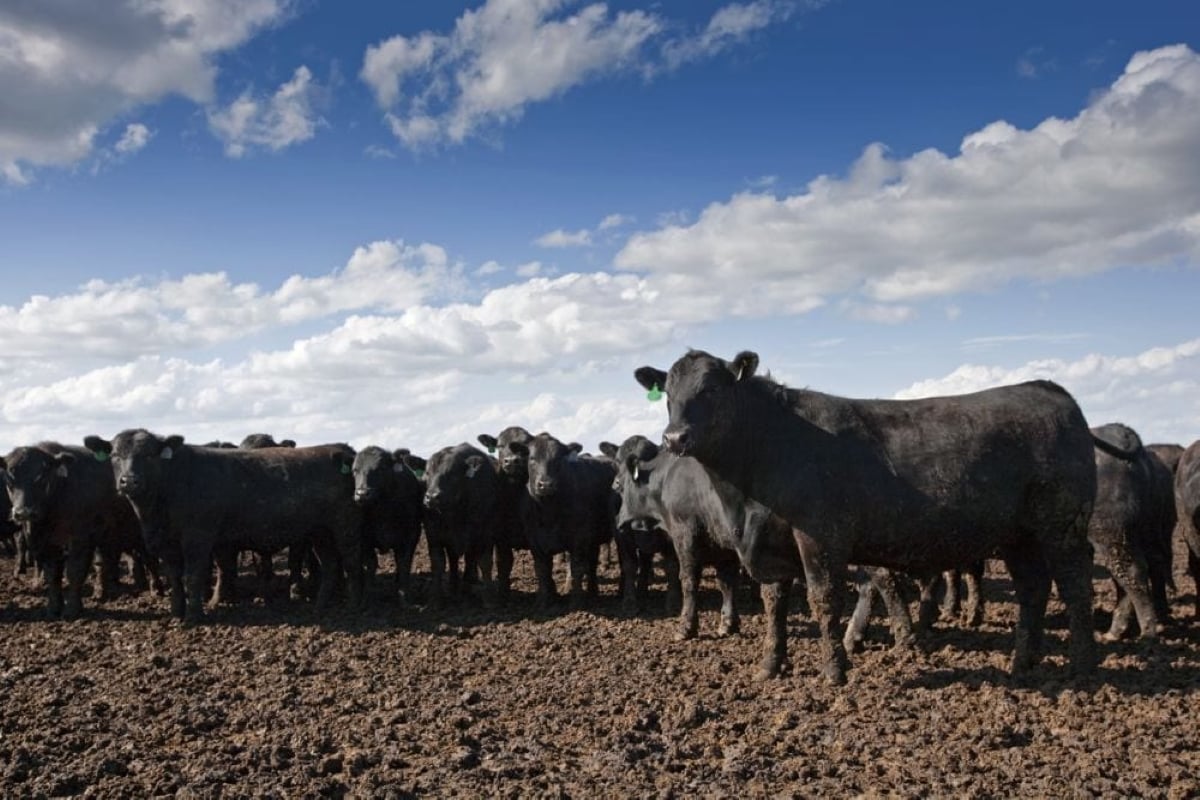By Colin Packham
CANBERRA, March 4 (Reuters) – Drought across Australia’s east coast might cut production of key agricultural commodities such as wheat, canola and beef next season and reduce exports, the government’s chief commodities forecaster said on Tuesday.
Forecasts of a return of dry El Nino weather conditions across the key farming states of Queensland and New South Wales later in 2014 mean the prospects for agricultural production remain uncertain.
Global markets will carefully watch forecasts of Australia’s crop given concerns over tensions disrupting supply in the Black Sea, one of the world’s key grain exporting regions.
Read Also

U.S. livestock: Cattle futures end lower on profit-taking, technicals and flat cash prices
Chicago Mercantile Exchange cattle futures fell for a third consecutive day on Thursday in profit-taking and technical selling setback following recent highs and amid some weaker-than-expected cash market sales this week.
Australian wheat production is forecast to fall 8.2 percent to 24.795 million in the 2014-15 season from 27.013 million tonnes in 2013-14, the Australian Bureau of Agricultural, Resource Economics and Sciences (ABARES) said on Tuesday.
ABARES said the decline in production will come despite a two percent increase in acreage planted as yields return to historical average levels after last growing seasons’ exceptionally high yields. The forecast is based on normal growing season rainfall.
“The crop will go in the ground, but we will be relying on rains across the country,” said Luke Mathews, commodities strategist, Commonwealth Bank of Australia.
Despite the dry conditions, this season’s wheat harvest could be the country’s sixth-largest crop on record.
Australian canola production in the 2014-15 marketing season is expected to fall 17 percent to 2.948 million tonnes, ABARES said, down from the 3.548 million tonnes in the previous season.
Dry conditions will discourage the planting of the oilseed, with planting seen falling five percent, it said.
ABARES upped its forecast for 2013-14 beef exports to 1.15 million tonnes amid record slaughter due to a two-year drought in cattle state Queensland.
ABARES said Australia’s national herd will fall to 27.1 million head, the lowest since 2009-10, a year also impacted by drought.














